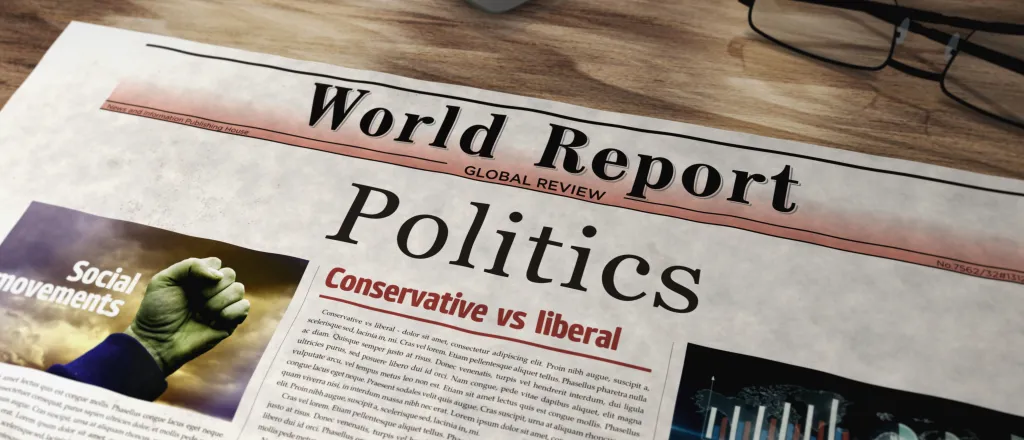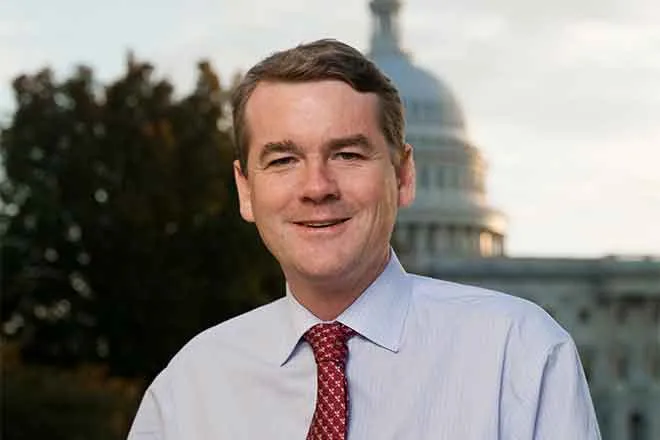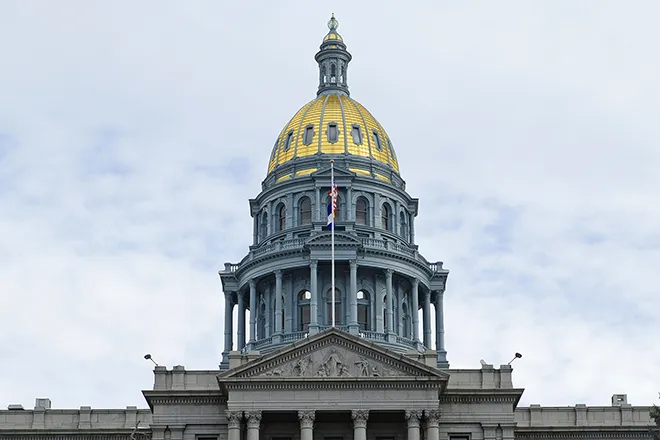
Politics: 2025Talks - June 27, 2025
© Arkadiusz Warguła - iStock-1890683226
Politics and views in the United States.
The Defense Secretary criticizes news coverage of Iran air strikes. The Megabill faces setbacks in the Senate, but White House budget director calls it necessary, although critics say its proposed Medicaid cuts could harm people with disabilities.
TRANSCRIPT
Welcome to 2025 Talks.
We're following our democracy in historic times.
Because you cheer against Trump so hard, it's like in your DNA and in your blood to cheer against Trump because you want him not to be successful so bad.
You have to cheer against the efficacy of these strikes.
You have to hope maybe they weren't effective.
Defense Secretary Pete Hegseth is upset by press coverage of the US airstrikes on Iranian nuclear sites.
He, the president and others in the administration have said the strikes obliterated Iran's nuclear program, but a leaked initial Defense Intelligence Agency report estimated the program was set back several months rather than destroyed.
Following an intelligence briefing, Connecticut Democratic Senator Chris Murphy says President Donald Trump wasn't telling the truth when he said the airstrikes obliterated Iran's nuclear capability.
There's no doubt there was damage done to the program, but the allegations we have obliterated their program don't seem to stand up to reason.
Unusually, the White House released a CIA report saying Iran's nuclear program had been severely damaged in line with administration claims, but outside experts stress assessment will take time and will always be tricky.
Trump has downplayed the need for a negotiated end to Iran's nuclear efforts, but White House Press Secretary Caroline Leavitt says that will be part of talks with the nation.
This administration is always focused on diplomacy and peace, and we want to ensure we can get to a place where Iran agrees to a non-enrichment civil nuclear program.
Meanwhile, sponsors of the huge budget reconciliation bill hope to get it back on track after the Senate parliamentarian ruled several central provisions needed more than a simple majority to pass.
The bill is a cornerstone of Trump's pledge to cut waste, fraud and abuse, but it would slash social programs and add trillions to the debt while extending tax cuts mostly for the rich.
White House Budget Director Russell Vought defends it as cutting programs Americans find objectionable.
The proposal would rescind $1.1 billion in funding to the Corporation for Public Broadcasting, which has funded a politically biased public media system that has promoted radical and divisive ideologies at the American taxpayer's expense.
Polls show Americans are split on party lines, but most favor funding PBS and NPR.
Vought also praises the bill's $8 billion cut to foreign aid, USAID and the State Department charging those fund radical left causes.
Since it would raise the federal deficit, analysts say the legislation could trigger half a trillion dollars in mandatory cuts to Medicare health coverage for seniors over the next decade.
This would include a 4 percent reduction in hospital payments unless Congress acts.
But the bill's $800 billion in immediate Medicaid cuts have been put in doubt by the parliamentarian.
That may be a relief to some hospitals already struggling with low rates the government programs pay.
They say ending Medicaid coverage for 11 million working poor people would force many facilities to close.
And Jeff Peters with the Center for Independence of the Disabled New York says people with disabilities could face greater impacts.
People can work because they have Medicaid.
People can get to work because they have Medicaid.
People can stay in good health because they have Medicaid.
Some people won't be able to receive the home care they need.
Polls show more than 70 percent of voters want Congress to guarantee health care coverage for low-income people.
I'm Edwin J. Viera for Pacifica Network and Public News Service.
Find our trust indicators at publicnewsservice.org.

















